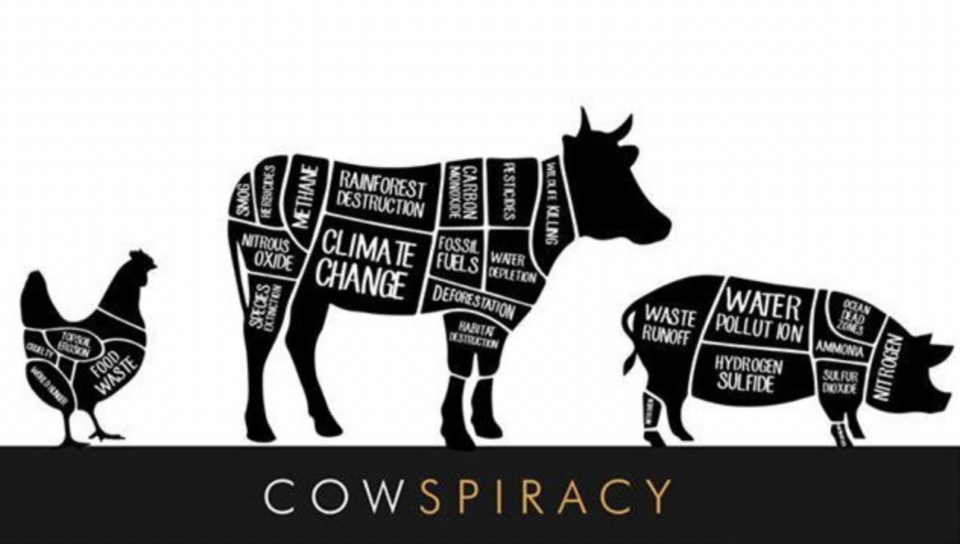The documentary “Cowspiracy: The Sustainability Secret” was the brainchild of Kip Anderson and Keegan Kuhn, aiming to highlight the environmental repercussions of the beef industry, presenting it as the most damaging sector compared to transport and household electricity costs. It spotlighted a range of issues from deforestation and drought to social conflict attributed to the beef industry’s activities.
However, while loaded with statistics and facts, the documentary has been criticized for using misleading data. Its assertion that livestock contributes to over 51% of greenhouse gas emissions stems from a non-peer-reviewed report, widely debunked by scientific communities estimating the figure closer to 15%. The film’s reliance on such flawed statistics has invited scrutiny, especially considering the absence of scientific validation throughout the documentary.
The underlying conspiracy within “Cowspiracy” challenges environmental groups, accusing them of complicity with the meat industry, asserting that these organizations are not adequately addressing the environmental impact of livestock. However, these claims lack substantive evidence and fail to acknowledge the long-standing efforts of these groups to combat pollution in the livestock industry.
While the documentary generates awareness about the environmental effects of livestock breeding, it oversimplifies the issue by blaming beef eating itself rather than the problematic systems of production and distribution within the beef industry. It also overlooks sustainable farming methods and solutions in favor of advocating veganism as the sole solution.
Moreover, the documentary’s stance on veganism veers into elitism, implying that environmentalists cannot be meat-eaters. This overlooks cultural contexts and economic realities, disregarding indigenous societies’ hunting practices and the socio-economic constraints that hinder the adoption of a vegan lifestyle.
Although “Cowspiracy” exposes the brutality of animal cruelty and raises awareness about environmental impacts, it falls short in presenting a holistic view of sustainable practices and disregards nuances in favor of a sensationalist narrative.
Ultimately, while the documentary succeeded in shedding light on certain issues, its exaggerations, misleading statistics, and oversimplified solutions have drawn criticism, highlighting the need for a more comprehensive and nuanced understanding of the complex interplay between dietary choices, environmental sustainability, and cultural practices.

